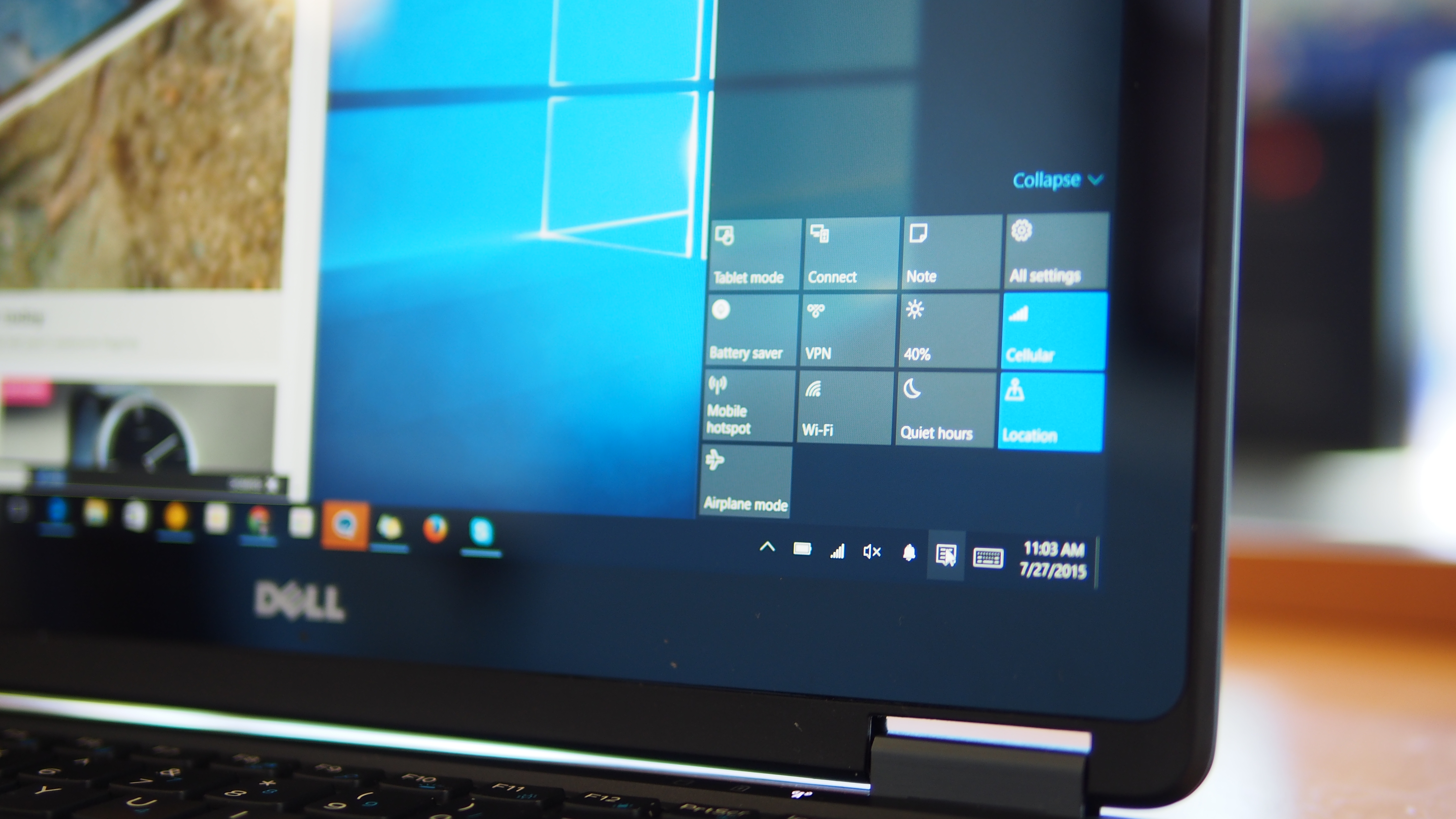Here's what you want Microsoft to do to make Windows 10 a success
Another day, another survey

Last week, we asked our readers to decide on what it would take to convince them upgrade their PCs to Windows 10? We put six choices up to them and unsurprisingly, the most straightforward one was chosen with a massive majority.
Nearly 42% (1306) of the respondents overwhelmingly want Microsoft to offer a simpler, clearer upgrade process should they want to move from Windows 7/8.1 to Windows 10.
This may be why at least one vendor, Lenovo, worked with Microsoft to make the process of upgrading simpler for people with qualified PCs running Windows 7 SP1 or Windows 8.1, as long as they have reserved the OS.
Another popular suggestion was that Microsoft should provide with free DVDs or USB drives to allow people to test Windows 10 first before installing it on their computers. Perhaps Microsoft should even think about setting up a virtual environment in a browser to allow users to try its OS.
The other suggestions, a Freephone service or physical helpdesk to help those who want to jump on the Windows 10 bandwagon, more trade-in and rebate offers for existing Windows 8.1 users looking to upgrade and better education from Microsoft about the upgrade procedure got around 10% of votes each.
Interestingly, drop-in sessions to allow users to play and get familiar with Windows 10 came out last with 6% of respondents opting for it.
This survey was carried out ahead of the launch of Windows 10 which will happen in less than 24 hours. You can read our hands-on of Windows 10 and our ongoing coverage of Windows 10. You can also follow our live coverage of Windows 10 here and participate in our Q&A marathon session here.
Sign up to the TechRadar Pro newsletter to get all the top news, opinion, features and guidance your business needs to succeed!
Check out the results of our previous surveys:
- Two-thirds of our readers plan to upgrade to Windows 10 in 2015
- Use antivirus? Our research shows you probably update it manually
- TechRadar readers are jumping on Windows 10 bandwagon
- TechRadar survey shows you don't want Windows 10 unless it's cheap
- Slow PC? TechRadar survey shows one third would blame antivirus
And there's still time to vote in our currently running survey:

Désiré has been musing and writing about technology during a career spanning four decades. He dabbled in website builders and web hosting when DHTML and frames were in vogue and started narrating about the impact of technology on society just before the start of the Y2K hysteria at the turn of the last millennium.